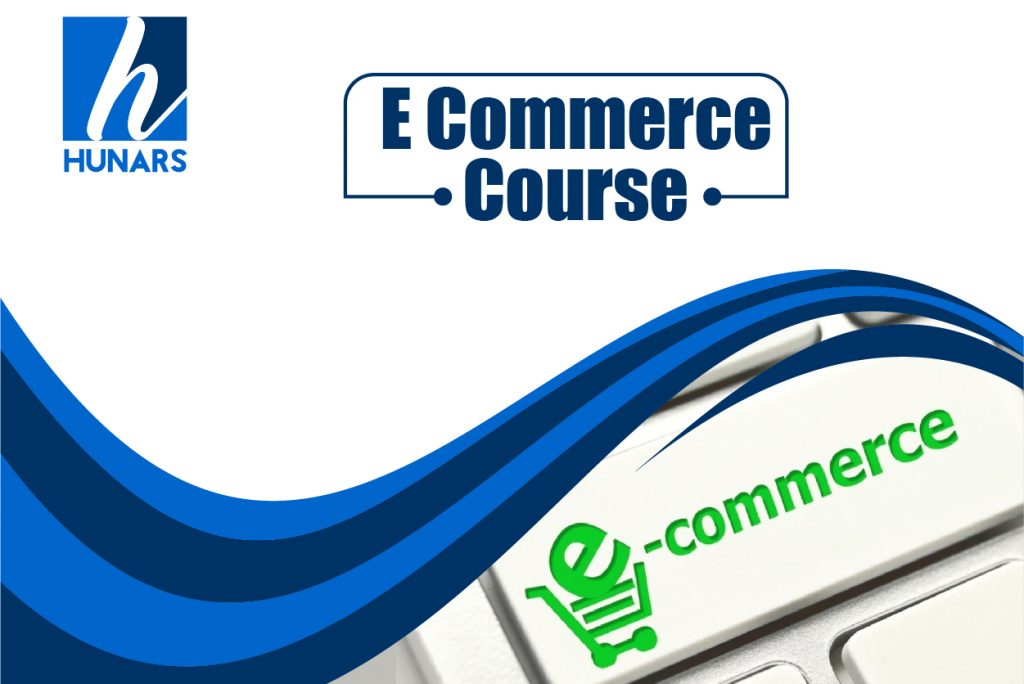E-commerce marketing is an essential component of any successful online business strategy. In today’s digital age, where consumers increasingly prefer to shop online, e-commerce plays a vital role in attracting, engaging, and converting customers.
It encompasses a range of strategies and tactics aimed at promoting products or services, driving traffic to websites, and ultimately generating sales and revenue.
E-commerce refers to the activities and techniques used to promote products or services online and drive traffic to e-commerce websites. It involves such as leveraging various digital marketing channels and strategies to reach potential customers, increase brand visibility, and facilitate online transactions.
Importance of E-Commerce
In a highly competitive online marketplace, e-commerce is crucial for businesses to stand out from the crowd and attract customers. It allows companies to reach a global audience, establish brand authority, and drive targeted traffic to their websites. Effective e-commerce strategies can lead to increased sales, customer loyalty, and overall business growth.
Key Elements of E-Commerce
To execute a successful marketing campaign, several key elements need to be considered. These elements work together to create a comprehensive strategy that maximizes online visibility and drives conversions.
Understanding the Target Audience
Before implementing any marketing strategy, it’s crucial to have a deep understanding of the target audience. Researching their preferences, behaviors, and needs helps in such as crafting personalized and relevant marketing messages that resonate with potential customers.
Building an Effective Website
A well-designed and user-friendly website is the foundation of successful e-commerce. The website should provide a seamless even so shopping experience, from product browsing to checkout.
Search Engine Optimization (SEO)
By optimizing website content, meta tags, and other elements, businesses can rank higher in search engine rankings and attract indeed organic traffic. Targeting relevant keywords and creating high-quality, informative content helps drive targeted visitors to the site.
Pay-Per-Click Advertising (PPC)
It is a highly targeted and cost-effective marketing indeed strategy that allows businesses to reach their desired audience and drive traffic to their websites.
PPC campaigns are typically managed through platforms such as Google Ads and Bing Ads, where advertisers bid on keywords relevant to their products or services.
Unlike organic search engine optimization SEO courses, which take time to achieve higher rankings, PPC allows businesses to instantly appear at the E-Commerce top of search engine results pages (SERPs). This can significantly increase visibility and drive targeted traffic to the website.
In conclusion, PPC advertising is a powerful tool for driving targeted traffic to e-commerce websites. Its instant visibility, precise targeting options, and detailed also analytics allow businesses to reach their target audience effectively. By carefully managing campaigns and optimizing strategies, businesses can achieve their marketing goals and drive conversions.
Types of E-commerce Marketing
Search Engine Optimization (SEO)
Definition and purpose of SEO in e-commerce
Importance of keyword research and on-page optimization
Link-building and off-page SEO techniques
Social Media Marketing
- Utilizing social media platforms for e-commerce
- Creating engaging and shareable content
- Leveraging influencer partnerships and user-generated content
- D. Monitoring and analyzing social media metrics for campaign success
Email Marketing
- The Role of email marketing in E-commerce
- Building an email list and segmenting the audience
- Designing effective email campaigns and automation sequences
- Personalization and measuring email marketing performance
Content Marketing
- Definition and benefits of content marketing for e-commerce
- Developing a content strategy and creating valuable content
- Blogging, guest posting, and content also distribution
- Measuring the impact of content marketing on e-commerce sales
Affiliate Marketing
- Introduction to affiliate marketing and its Role in E-commerce
- Finding and recruiting affiliates to promote E-Commerce Marketing products
- Commission structures and tracking affiliate performance
- Building strong relationships with affiliates for long-term success
Influencer Marketing
- Utilizing influencers to promote e-commerce products
- Identifying the right influencers for your target audience
- Negotiating partnerships and managing influencer campaigns
- Measuring the Effectiveness of influencer marketing
FAQs
How does PPC advertising differ from traditional advertising?
PPC advertising is different from traditional advertising in that advertisers only pay when someone clicks on their ad. This ensures that businesses only pay for actual engagement with their ads, rather than simply displaying them to a wide audience.
Can PPC advertising work for small businesses with limited budgets?
Yes, PPC advertising can be effective for although small businesses with limited budgets. By carefully selecting relevant keywords and optimizing such campaigns, small businesses can target their audience effectively and achieve a positive ROI.
How long does it take to see results from PPC advertising?
PPC advertising can deliver immediate results, as ads can appear at the top of search engine results pages as soon as the campaign is launched. However, optimizing and refining the campaign may take time to achieve the desired results.
Conclusion
In conclusion, e-commerce marketing is a critical component for businesses looking to succeed in the online marketplace.
It encompasses although various strategies and tactics aimed at promoting products or services, driving traffic to websites, and generating sales.
By understanding the target also the audience, building an effective website, and utilizing SEO, PPC, email marketing, social media marketing, and content marketing, businesses can create a robust e-commerce strategy.
Successful e-commerce requires clear goals, thorough certainly market research, compelling product descriptions, and the implementation of conversion rate optimization techniques. Additionally, providing exceptional customer service is essential for building trust and ensuring customer satisfaction.

